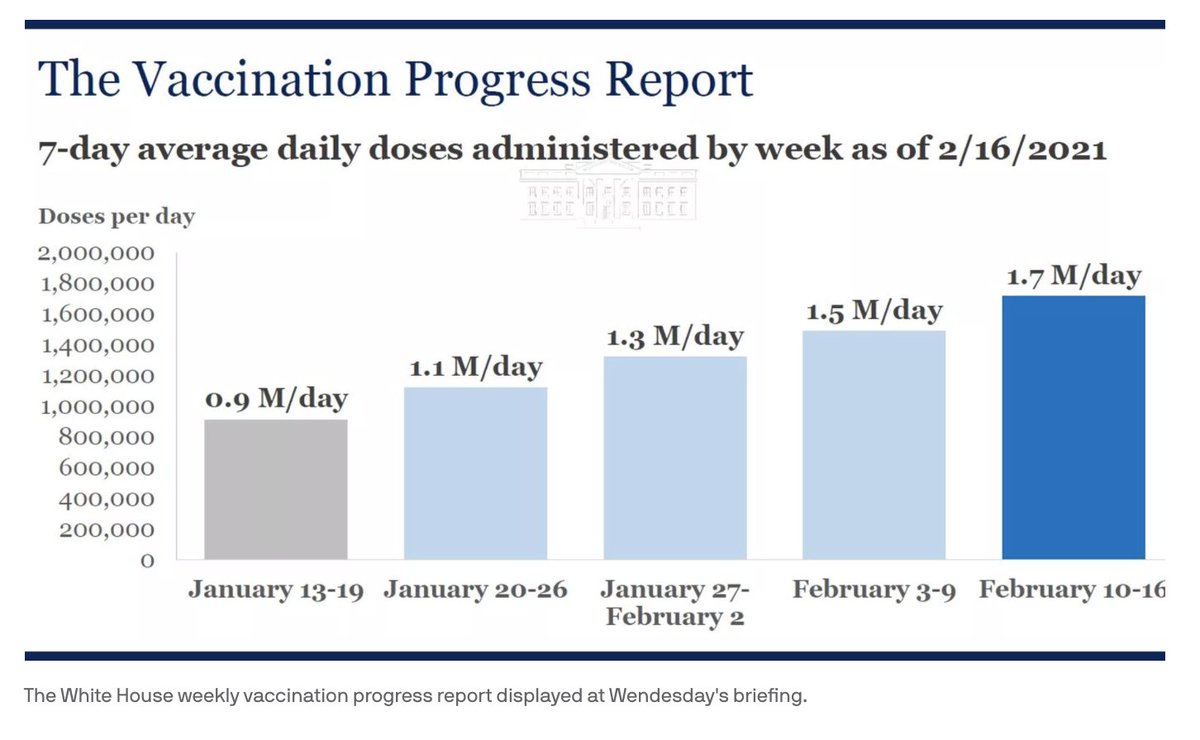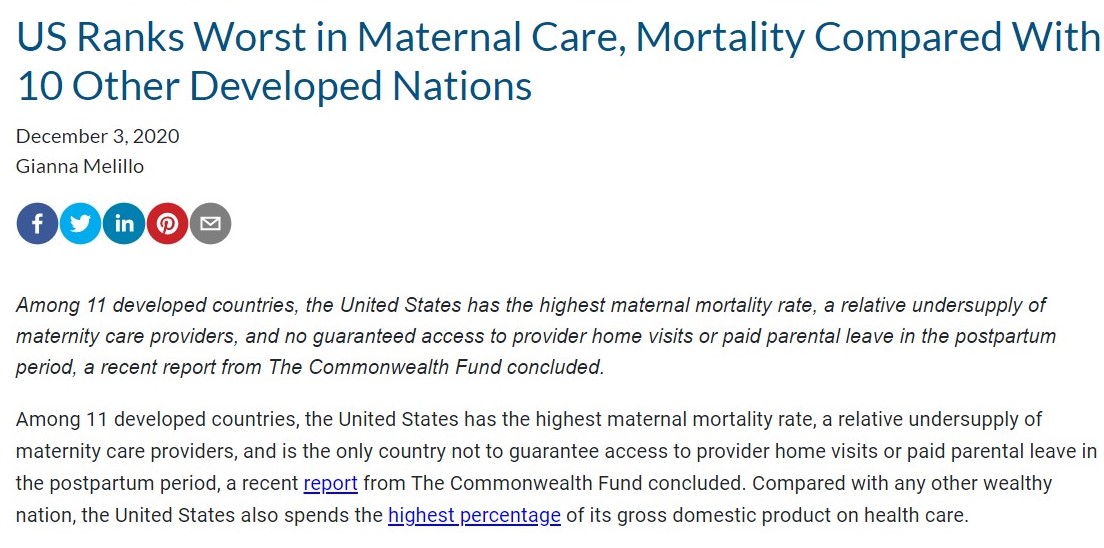During this time, we saw an increased number of men living with parents & choosing unemployment over lower paying jobs.
Shocking fact: Millennial men are less likely to work than any other age and gender demographic in America.
Today, there are 500,000 young men missing from the U.S. workforce.
Research suggests video games & improved leisure tech plays a role in the problem. 👇 Thread:
During this time, we saw an increased number of men living with parents & choosing unemployment over lower paying jobs.
1 in 4 living in their parents’ home neither go to school nor work.
What's more surprising? 9 in 10 who lived with their parents a year ago are still living there w/ no plans to leave.
https://t.co/iv3mNx3Wi1
According to economist David Dorn:
“If you get to the point where you’re turning 30, you’ve never held a real job and you don’t have a college education, then it is very hard to recover at that point.”
Forbes interview w/ a high school educated man:
"I’m very quick to get frustrated when people refuse to pay me what I’m worth."
“People feel that they have choice nowadays, and they do.”
https://t.co/CQwgpGrPow
A large % of disability is mental health & substance abuse related.
According to the CDC: men are much more likely to overdose on drugs or die from suicide. https://t.co/7w0Gv85dBI
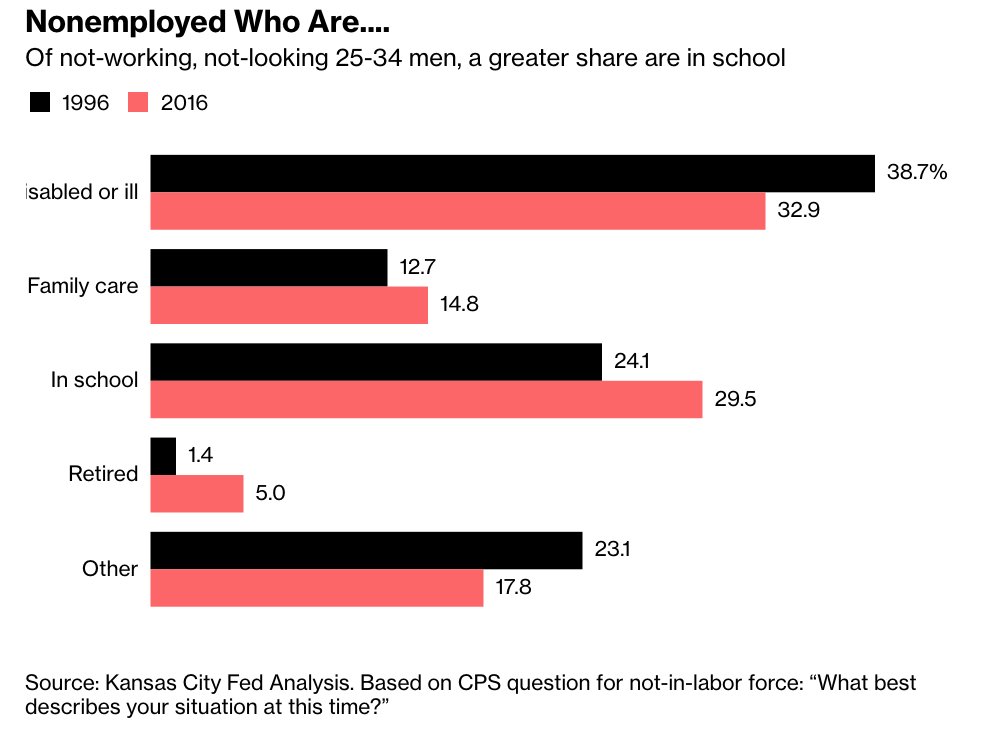
Unemployed millennial men spend 10+ hours per week on recreational computer activities.
Full report: https://t.co/T5rg7D2dt0
Researchers suggest over time videos games become a crutch & form of escapism for unemployed men.
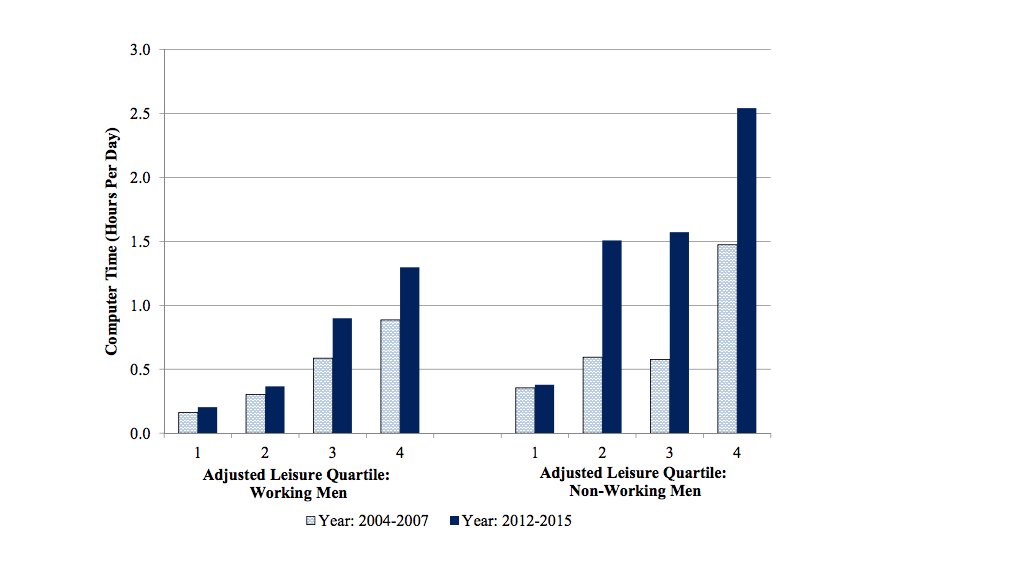
Unlike low to middle skill jobs, video games provide:
The ability to make choices
Feeling of mastery and achievement
Visible achievement & status
Remember: "People feel that they have choice nowadays, and they do.” 🎮
Imagine: the future of work = more time to play video games 🎮.
More from Society
You May Also Like
First update to https://t.co/lDdqjtKTZL since the challenge ended – Medium links!! Go add your Medium profile now 👀📝 (thanks @diannamallen for the suggestion 😁)

Just added Telegram links to https://t.co/lDdqjtKTZL too! Now you can provide a nice easy way for people to message you :)

Less than 1 hour since I started adding stuff to https://t.co/lDdqjtKTZL again, and profile pages are now responsive!!! 🥳 Check it out -> https://t.co/fVkEL4fu0L
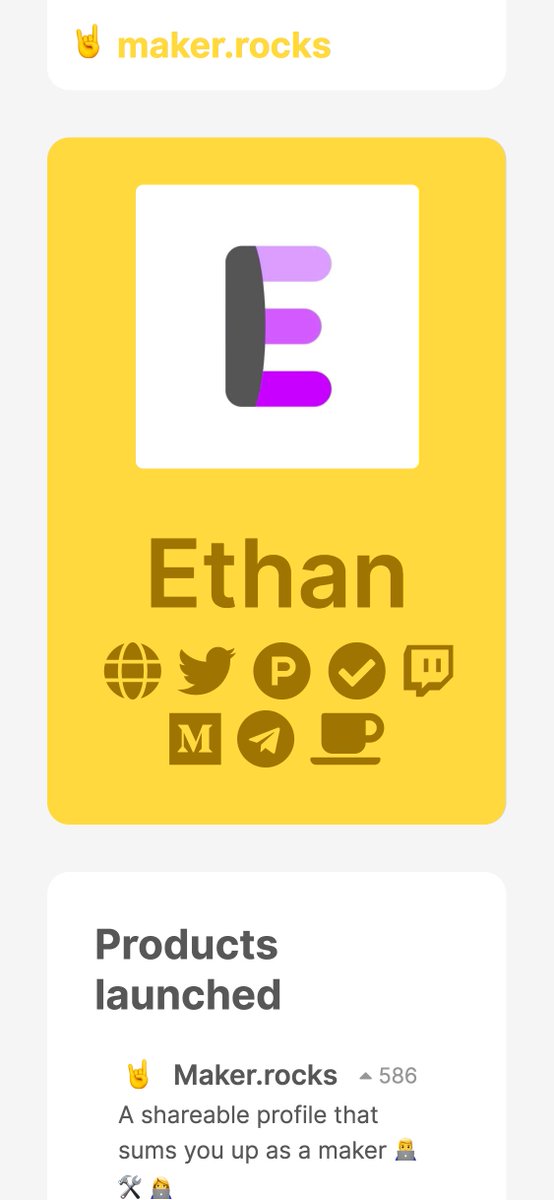
Accounts page is now also responsive!! 📱✨
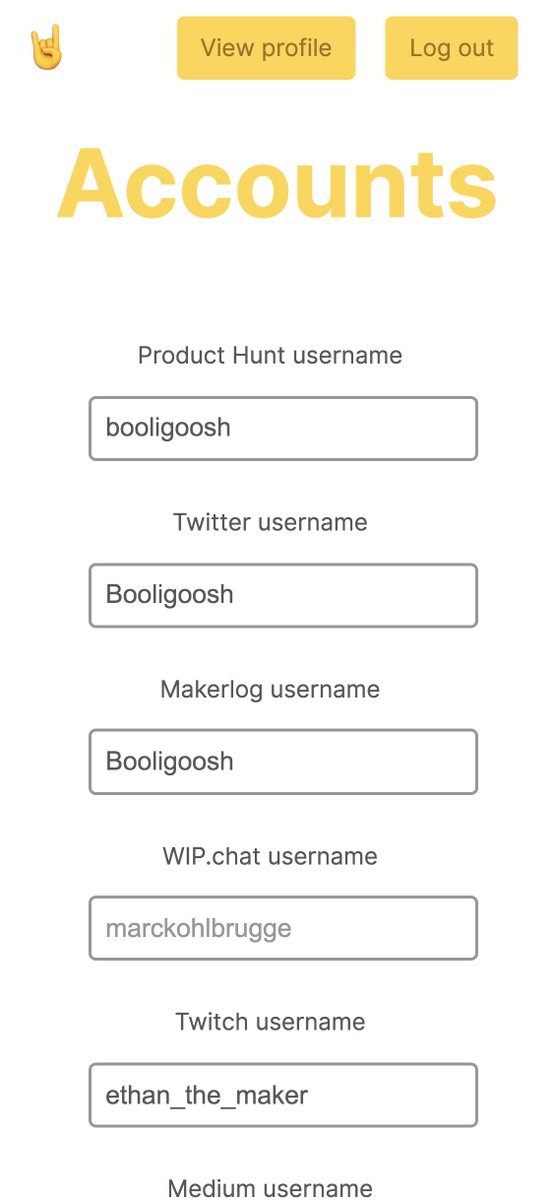
💪 I managed to make the whole site responsive in about an hour. On my roadmap I had it down as 4-5 hours!!! 🤘🤠🤘

Just added Telegram links to https://t.co/lDdqjtKTZL too! Now you can provide a nice easy way for people to message you :)

Less than 1 hour since I started adding stuff to https://t.co/lDdqjtKTZL again, and profile pages are now responsive!!! 🥳 Check it out -> https://t.co/fVkEL4fu0L

Accounts page is now also responsive!! 📱✨

💪 I managed to make the whole site responsive in about an hour. On my roadmap I had it down as 4-5 hours!!! 🤘🤠🤘












